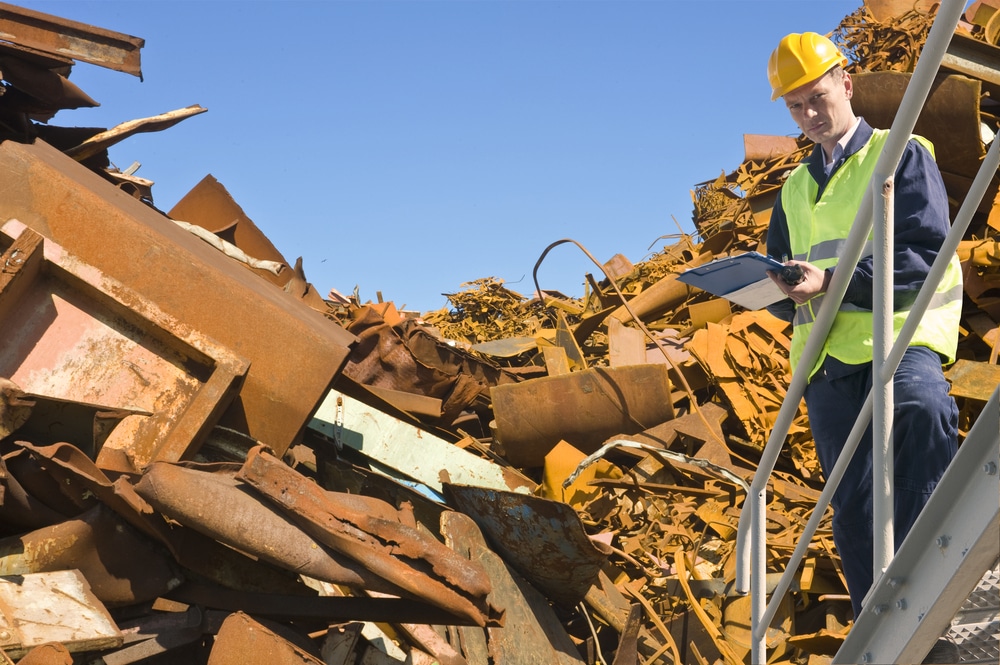The Role Of Civil Engineering In Waste Management

Welcome to the exciting world of waste management engineering! Waste management engineers are in high demand and the job prospects are great. In this post, we will provide you with a comprehensive overview of what waste management engineering is, what the job involves, and how to get started in this career.
What is Waste Management Engineering?
Waste management engineering is the process of designing, planning, and supervising the management of waste materials. This can include a wide range of waste materials, such as solid waste, hazardous waste, and medical waste. Waste management engineers work to ensure that these materials are disposed of in an efficient and environmentally friendly manner.
The field of waste management engineering has become increasingly important in recent years due to the growing concern over environmental issues. As global populations continue to grow, waste management becomes an increasingly important issue. Waste management engineers play a vital role in ensuring that waste is managed effectively.
What Does a Waste Management Engineer Do?
A waste management engineer is responsible for the design and implementation of waste management systems. This can include designing and overseeing the construction of landfills, incinerators, and waste treatment facilities. Waste management engineers also work to ensure that waste management systems are operating efficiently and in compliance with environmental regulations.
Other responsibilities of a waste management engineer may include:
- Developing waste management plans for municipalities and other organizations
- Conducting research to identify new waste management technologies and processes
- Inspecting waste management facilities to ensure compliance with regulations
- Developing strategies to reduce waste and increase recycling
- Training and educating employees on proper waste management techniques
Why Become a Waste Management Engineer?
There are several reasons why someone might choose to pursue a career in waste management engineering. Some of the benefits of this career include:
- Job stability: Waste management is an essential service, and waste management engineers are always in demand.
- Competitive salary: Waste management engineers typically earn a good salary.
- Variety of career options: Waste management engineers can work in a variety of settings, including government agencies, consulting firms, and private companies.
- Opportunities for advancement: Waste management engineers can advance to management positions or specialize in a specific area of waste management.
- Environmental impact: Waste management engineers play a vital role in protecting the environment and promoting sustainability.
How to Become a Waste Management Engineer
If you are interested in becoming a waste management engineer, there are several steps you can take to get started:
- Earn a degree in civil or environmental engineering: Most waste management engineers have a degree in civil or environmental engineering. These programs provide a strong foundation in math, science, and engineering principles.
- Gain experience: Many entry-level waste management engineering jobs require some level of experience. You can gain experience by completing internships or entry-level positions.
- Obtain licensure: In most states, waste management engineers are required to obtain licensure. This typically involves passing an exam and meeting other requirements.
- Pursue certification: There are several certification programs available for waste management engineers. These programs can help you demonstrate your expertise and increase your job prospects.
FAQs
What is the job outlook for waste management engineers?
The job outlook for waste management engineers is good. According to the Bureau of Labor Statistics, employment of civil engineers (which includes waste management engineers) is projected to grow 11 percent from 2020 to 2030, much faster than the average for all occupations.
What skills are needed to be a waste management engineer?
Some of the skills needed to be a waste management engineer include strong analytical skills, problem-solving skills, communication skills, and attention to detail.
How much do waste management engineers earn?
The average salary for a waste management engineer is $84,770 per year, according to the Bureau of Labor Statistics.
What are some of the challenges faced by waste management engineers?
Some of the challenges faced by waste management engineers include increasing waste volumes, changing regulations, and developing new waste management technologies.
What are the benefits of recycling?
Recycling has several benefits, including conserving natural resources, reducing landfill waste, and reducing greenhouse gas emissions.
Conclusion
As you can see, waste management engineering is a fascinating and rewarding career. Waste management engineers play a vital role in protecting the environment and ensuring that waste is managed effectively. Whether you are just starting to explore career options or you are considering a career change, waste management engineering is definitely worth exploring!


Post a Comment for "The Role Of Civil Engineering In Waste Management"